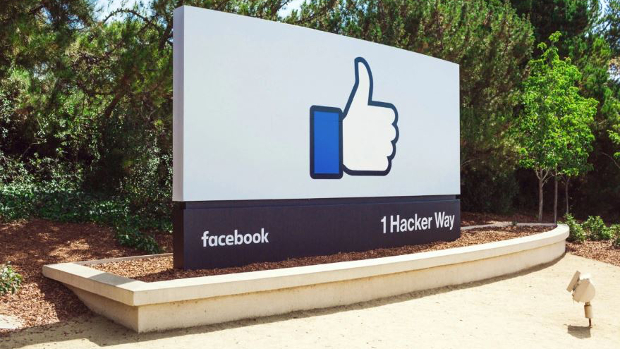
Facebook’s blockchain cryptocurrency could mean big money
Facebook is developing its own cryptocurrency for payments, according to at least two reports, a move that has the potential to make the social network billions of dollars while also helping to eliminate fake news and bots.
Although the social media giant has not publicly commented on reports from Bloomberg and The New York Times, it did acknowledge it’s exploring the distributed ledger technology (DLT).
“Like many other companies Facebook is exploring ways to leverage the power of blockchain technology. This new small team is exploring many different applications. We don’t have anything further to share,” a representative told Computerworld.
While details are few, the reports based on unnamed courses claim a cryptocurrency would allow users of Facebook’s WhatsApp messaging platform to send money to contacts, similar to how Venmo or PayPal allow cross-border payments; the difference is that there would be no middleman (ie, a central bank or clearing firm).
According to the Times‘ article, Facebook has already spoken with cryptocurrency exchanges about selling its crypto coin to consumers; others believe the social media firm would not tie payments to a strict cryptocurrency, opting instead to use a stable coin backed by US dollars and other fiat currencies.
Stable coin networks require operators to keep collateral in a bank, so that if $1 billion in digital coin is issued, an equivalent amount must be available on deposit or reserve. Cryptocurrencies, such as bitcoin that aren’t backed by fiat currencies, have no intrinsic value other than supply and demand.
In February, the largest US bank by deposits, JP Morgan, launched its own stable coin. JPM Coin, as the bank is calling it, has the equivalent value of one US dollar.
“When one client sends money to another over the blockchain, JPM Coins are transferred and instantaneously redeemed for the equivalent amount of US dollars, reducing the typical settlement time,” J.P. Morgan said in an online FAQ. “The JPM Coin is based on blockchain-based technology enabling the instantaneous transfer of payments between institutional accounts.”
And just this week, IBM launched a payment service using a stable coin for international money transfers.
On Facebook, users who want to purchase advertised products must currently type in credit card information – not hard on a desktop computer, but a somewhat more arduous experience on a mobile device that leads to people dropping off the site.
As well as finding a way to keep users on-site, Facebook could cash in on blockchain’s native cryptography, which enables network operators to authenticate users through hash keys once they’re registered; the process keeps identities private but means there’s an authentic user on the other end and not a bot.
Blockchain technology creates an immutable record where a file or ‘block’ of data is inextricably tied to the previous one through a hash; it’s a write-once, append-many technology.
Because of its cryptography capabilities, blockchain could also help Facebook comply with the General Data Protection Regulation (GDPR), which targets citizens’ personally identifiable information (PII), providing transparency around its use and giving people the right to restrict its use or request it be deleted all together. If a user deletes their hash key, their information is no longer accessible, meaning cryptographic deletion is just as effective – if not more so – as traditional data deletion.
There is however, a downside to collecting user information in order
to authenticate them; it means Facebook now becomes the repository for a
lot of personally identifiable information.







Subscribers 0
Fans 0
Followers 0
Followers